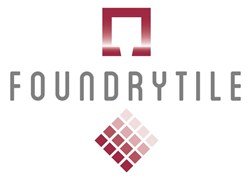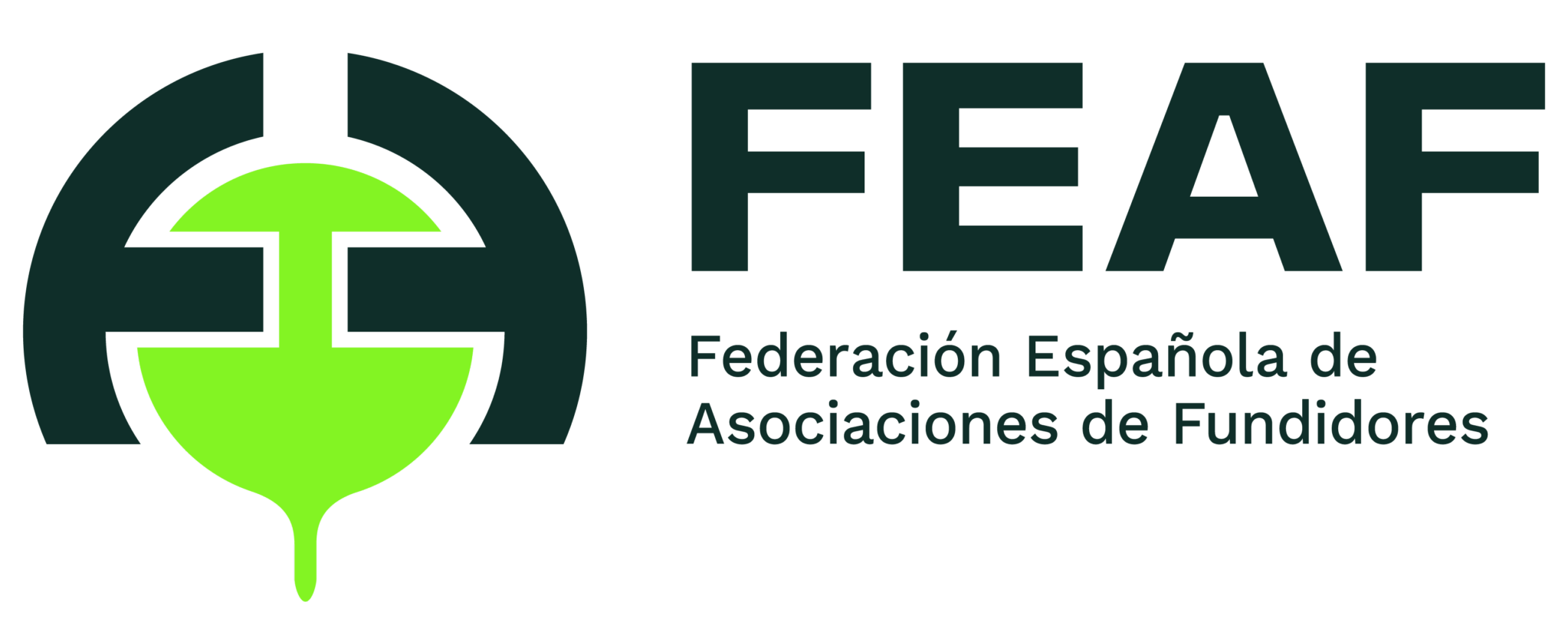FOUNDRYTILE project
Valorization of iron foundry sands and dust in ceramic tile production process
The main objective of FOUNDRYTILE is to demonstrate the recovery of the fine fraction and of the iron foundry sand in the production of ceramic tiles.
The new application will entail three main benefits: preservation of natural resources, increased recovery of foundry waste and reduction of the environmental footprint.
Objective
This project is based on the opportunity arising from the mineralogical composition and amounts generated of these byproducts, which match different raw materials used in tile production. With the figures from Spain in 2013, with a substitution degree of 5%, the tile production can absorb all the byproduct generated, while at European level ceramic can absorb 75% of these wastes.
Main drawbacks that have prevented the previous implementation of the proposed approach are the lack of adequate knowledge on dust and sand waste characteristics, their variability (among and inside factories), and the need for evaluation of possible requested pre-treatments from the end-user perspective.
The innovation character is provided by the utilization of green and chemically bonded foundry dust and sand in tile production replacing natural products, clay (for red clay ceramic products) and sands (for white clay ceramic products). The demonstration character is provided by the pilot and industrial scale tests, to validate the environmental, technical and economic feasibility of foundry byproducts valorization in ceramic tiles production.
The main objectives of this project are:
- To demonstrate the valorization of iron foundry sands and dust in the ceramic tile production process, contributing to the implementation of Waste Framework Directive (Directive 2008/98/EC) following the objectives and goals of the Roadmap for a Resource-Efficient Europe. The new applications will have three main benefits: preservation of natural resources, increase foundry waste valorization and environmental footprint reduction.
- Generate and validate a matrix combining the foundry byproduct characteristics with the requirements from final tile applications.
- Environmental, economic viability assessment of selected applications and their correspondence with social impact of the overall solution.
- Human health risk assessment based on industrial test
- Incorporate the project result into revision of BREF documents for both foundry and ceramic sectors (BREF codes SF and CER).
- To disseminate the obtained results and transfer the knowledge acquired regarding the innovative valorization scheme.
- To foster social awareness related to the environmental problem caused by foundry sands and dust.
- Evaluate at pre and industrial scale the technical viability of selected applications.
- Evaluation of sand and fines pre-treatments.
- Detailed analysis and characterization of foundry sands and dust at different source points.
Expected Results
A.1 Foundry and ceramic requirements characteristics compilation
B.1 Selection and characterization of casting products
B.2 Evaluation of pre-treatments for the conditioning of foundry products
B.3 Ceramic tiles with foundry products production tests at preindustrial scale
B.4 Trials on an industrial scale
C.1 Monitoring the impact of the project
C.2 Monitoring socioeconomic impact of the project
D.1 Website of the project
D.2 LIFE information panels
D.3 Layman Report
D.4 IConferences and networking
D.5 Other dissemination activities
E. Project management and monitoring of the project progress
Date
01/09/2015Other documents of interest
DownloadNumber
LIFE14 ENV/ES/000252Coordinator
Fundació CTM Centre Tecnològic
Plaça de la Ciència, 2 08243 Manresa (Barcelona) – España
foundrytile@ctm.com.es
http://www.ctm.com.es/
Budget
Total budget: 1.205.363 €Duration
36 months (09/2015 - 08/2018)Socios
AFV junto con CTM (Centro Tecnológico de Manresa), ITC (Instituto de Tecnología Cerámica), ASCER (Asociación Española de Fabricantes de Azulejos y Pavimentos Cerámicos) y GRUPO EUROATOMIZADO
Funding
Financiación del Programa LIFE: 722.884€
Results

